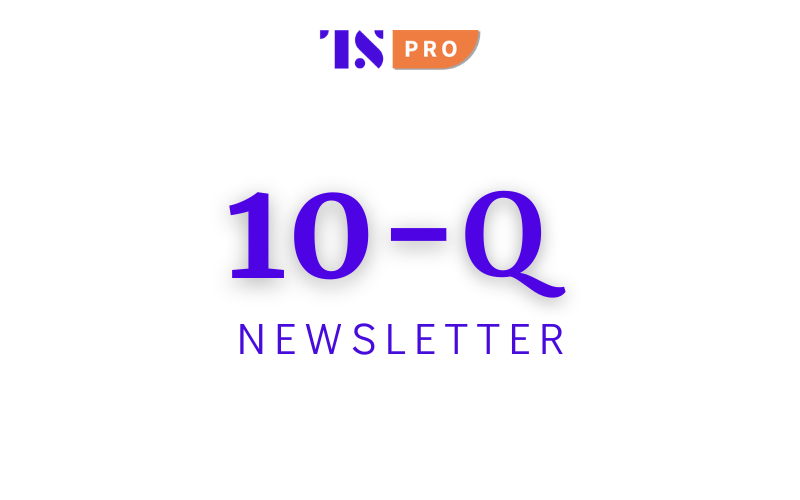10-Q, Member Exclusive
Can MoneyLion gain ground in the long term on the strength of its underlying businesses?
- MoneyLion's Q4 2022 results show a profitable December -- however, the firm saw net losses for the quarter and year.
- Oportun reported its fourth quarter 2022 results on Monday. In the revenue line, the company reported $261.9 million, missing estimates by $1.1 million.








